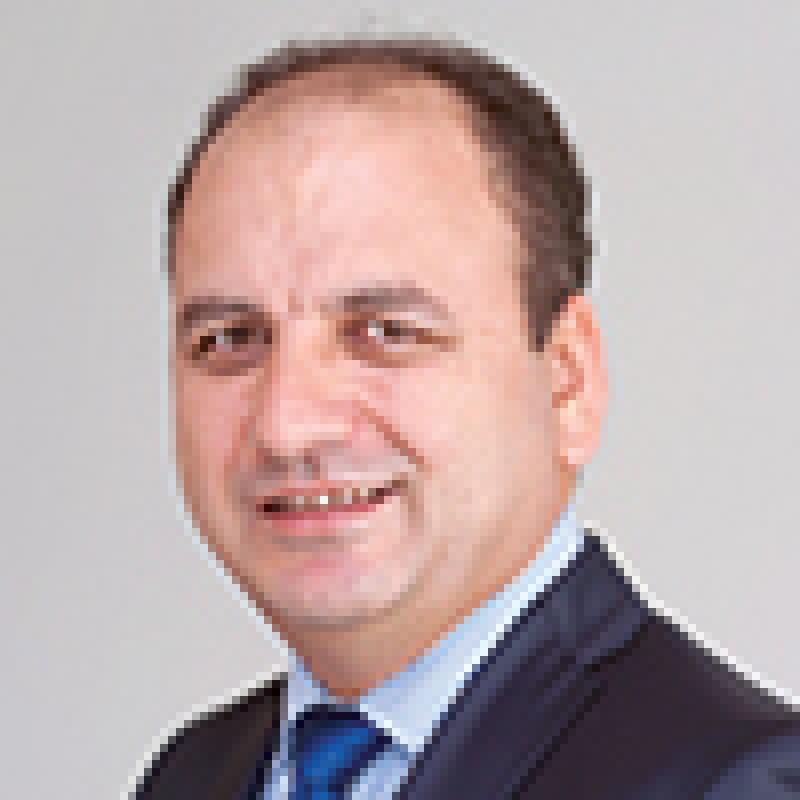On February 24 2016, the Ministry of Science, Industry and Technology circulated the draft IP Code on the website of Turkish Patent Institute (TPI). Having passed through various informal and formal consultation stages, the draft IP Code is now in its final enactment stage before the Turkish Parliament and expected to enter into force before the end of 2016.
The draft IP code will replace the decree-laws pertaining to protection of trade marks, patents, geographical indications and designs, all of which date back to 1995, by consolidating most of the existing provisions of those decree-laws. It also proposes various amendments by considering the recent developments in international legal sources and the decisions of the high courts. The most important proposed amendments are:
The graphical representation criteria for trade mark applications will not be required anymore.
Letters of consent will be accepted in overcoming senior identical or indistinguishably similar trade marks from being a statutory ground of refusal.
Opposers of published trademark applications will be asked to prove genuine use or provide justified reasons for non-use of their trade marks that are the basis for opposition and registered for more than five years, if requested by the applicant. The opposition will be rejected if such use cannot be proven. This request can also be used as a defence in an infringement action.
Novelty examination will be introduced for design applications.
Unregistered designs shall be protected for three years as of when they become publicly available.
The criterion for distinctiveness will be changed to "difference" from "significant difference".
Unseen parts/devices (such as parts of an engine) will not be registered as designs.
A post-grant opposition system will be introduced for patent applications in line with Article 101 of the European Patent Convention. With the introduction of this system, patent owners will be entitled to amend the patent during the opposition phase, after the first grant decision.
The grounds for compulsory licensing of patents will be broadened.
The vague provisions of the decree law on prior user rights, use/work requirement of a patent and service invention will be improved.
A trade mark, patent and/or design right holder will no longer be able to allege its registered right as a defence in an infringement action filed by a prior right holder. Consequently, having a registration would not always serve as a defence in infringement cases.

|
Ugur Atketin |
Gün + PartnersKore Şehitleri Cad. 17Zincirlikuyu 34394İstanbul, TurkeyTel: + (90) (212) 354 00 00Fax: + (90) (212) 274 20 95gun@gun.av.trgun.av.tr










